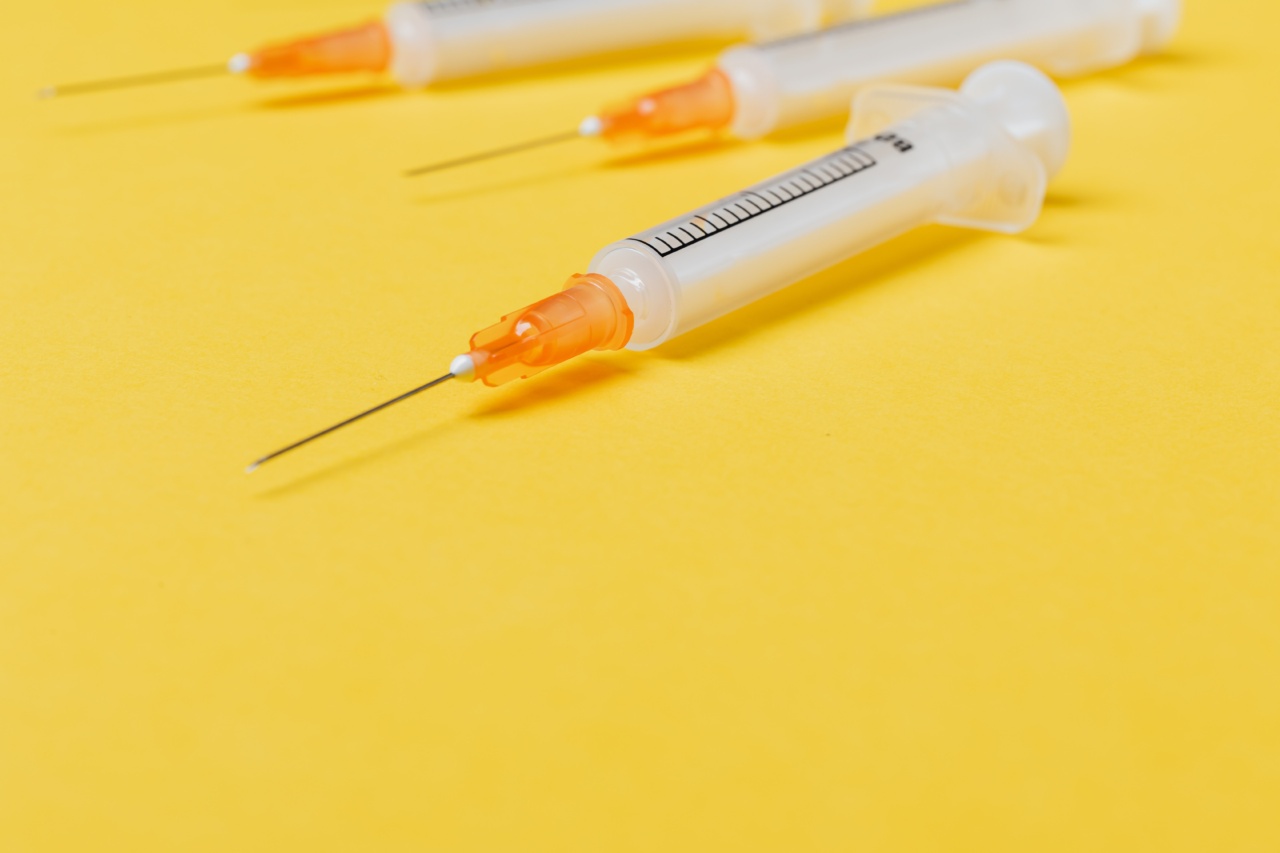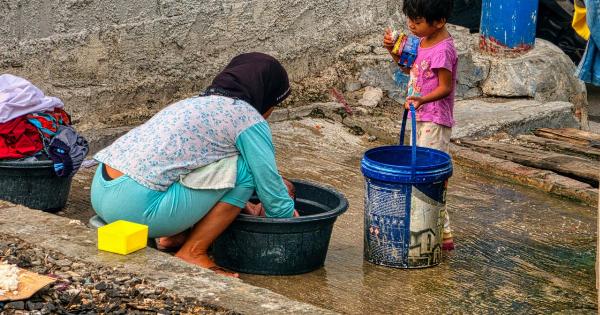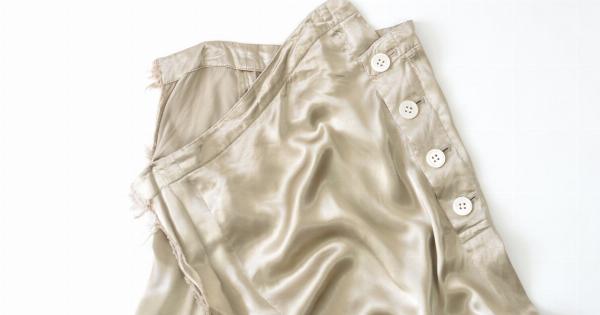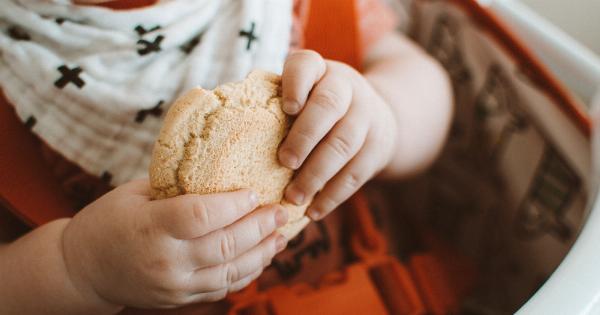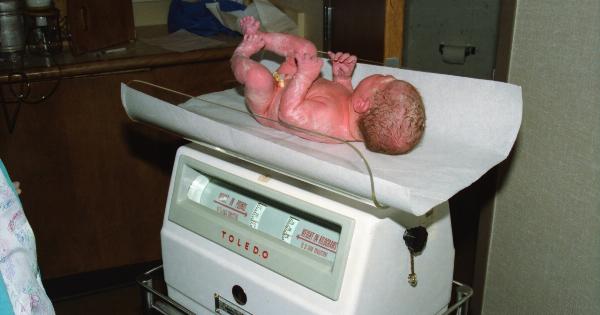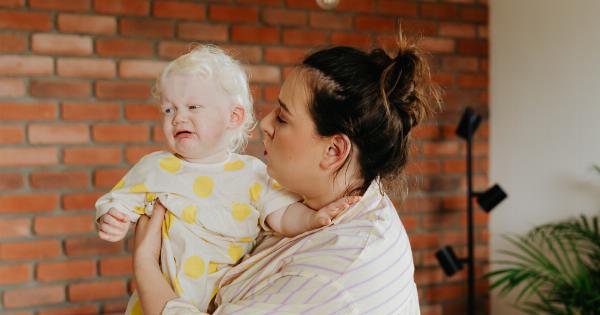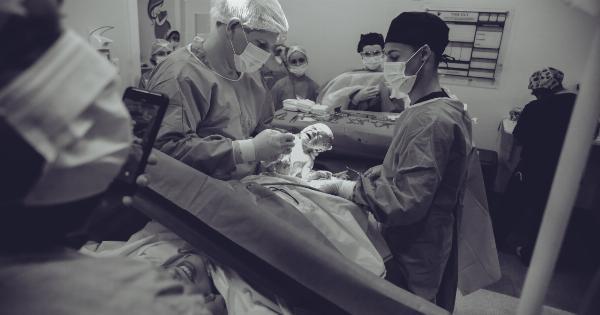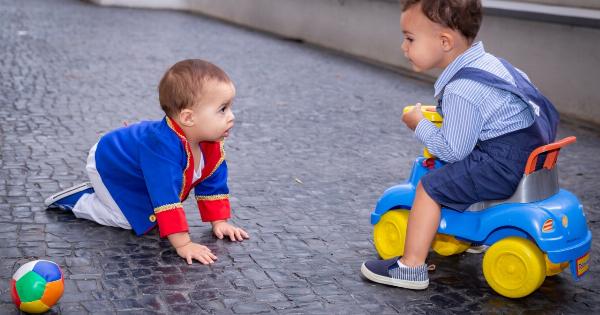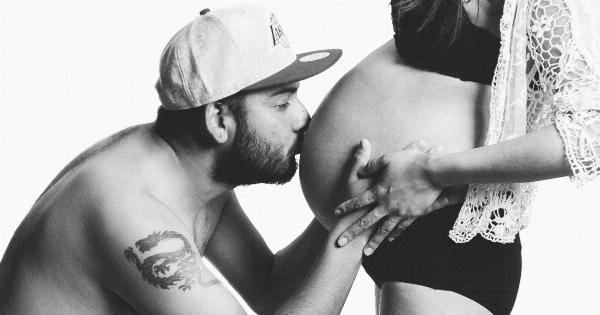As a parent, one of the first things that you learn is how to soothe your newborn. Pacifiers are a go-to for many parents, helping to calm their babies and keep them content.
But, have you ever found yourself cleaning a pacifier by popping it into your mouth and giving it a quick lick? While it might seem like a harmless, quick fix, it’s important to question whether it’s the best method of cleaning.
The theory behind using saliva to clean pacifiers
Parents who use saliva to clean their baby’s pacifiers reason that it’s a natural and harmless way to clean off any dirt or germs on the pacifier.
The idea here is that the saliva contains enzymes that break down bacteria and other harmful pathogens, making the pacifier safe and clean enough for the baby to use.
The reality of using saliva to clean pacifiers
While saliva does contain enzymes that are helpful for breaking down bacteria, it’s important to note that it’s not an effective cleaning agent.
Research has shown that saliva contains a whole host of bacteria, including ones that can cause illness and infection.
When you use your saliva to clean your baby’s pacifier, you’re essentially transferring these bacteria to the pacifier, which then gets transferred to your baby’s mouth.
This can lead to an increased risk of infections like strep throat, colds, and even tooth decay in babies or children.
The benefits of using soap and water to clean pacifiers
According to the American Dental Association, the best way to clean your baby’s pacifier is to use soap and water.
This is a safe and effective method for cleaning pacifiers, as it helps to remove any harmful germs or bacteria without risking further contamination from saliva.
Using soap and water also ensures that the pacifier is free from any harmful chemicals that might be present in your saliva, like alcohol or tobacco.
Alternatives to using saliva to clean pacifiers
If you find yourself without access to soap and water, there are other alternatives to using saliva to clean pacifiers. One of the most popular is to use a pacifier wipe or a clean cloth to wipe down the pacifier.
This helps to remove any dirt or grime, while also minimizing the risk of transferring harmful bacteria to the baby.
The bottom line
While using your saliva to clean your baby’s pacifier might seem convenient, it’s not the best method for ensuring the pacifier is clean and safe for your baby to use.
Instead, use soap and water to clean the pacifier, or opt for pacifier wipes or a clean cloth if you don’t have access to soap and water. This will help to minimize the risk of infections and other illness for your baby.
